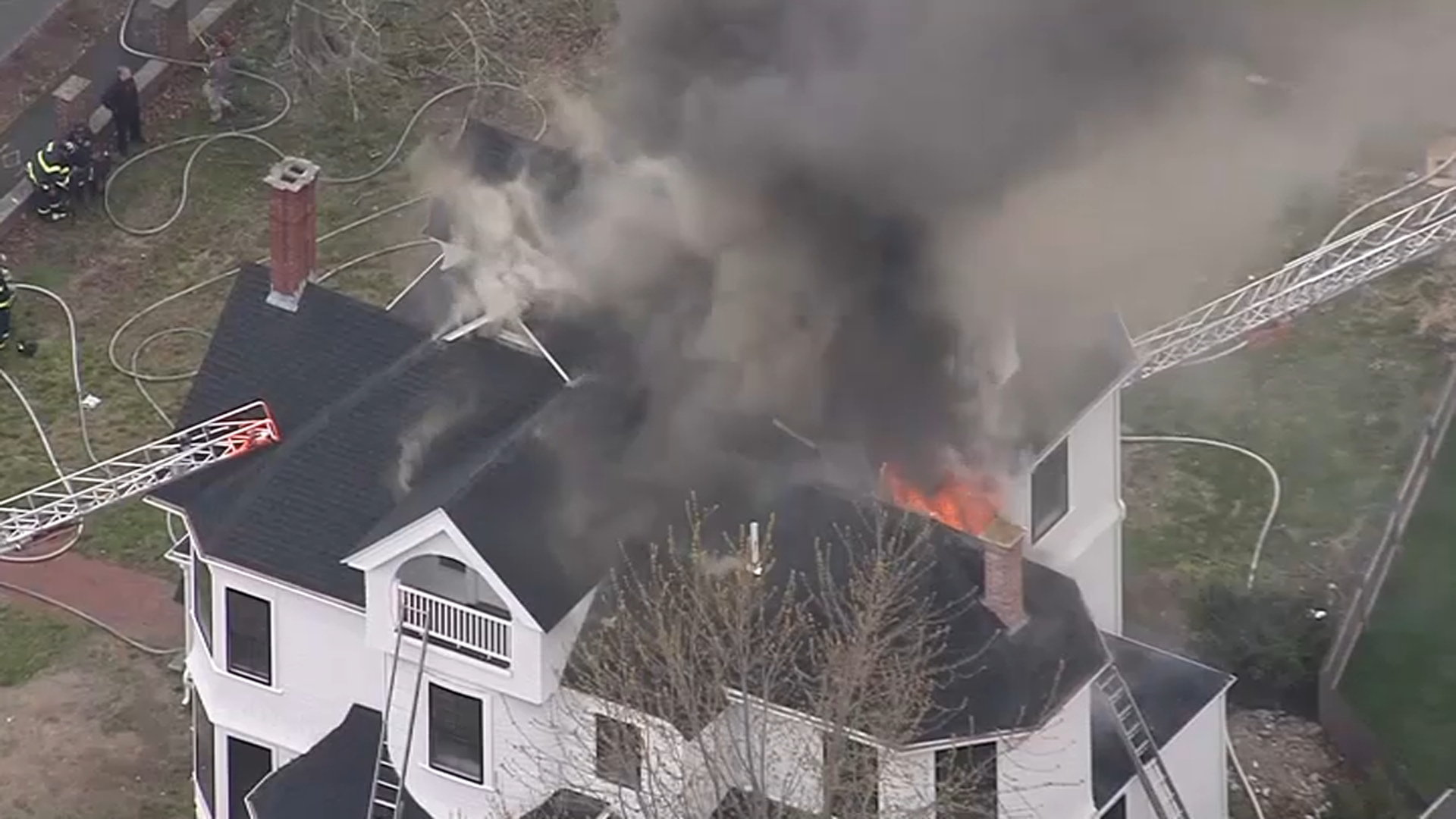Gov. Charlie Baker is looking to crack down on pornographic images published by people seeking revenge against former lovers while offering diversion programs for teenagers who post explicit pictures or videos online.
The Republican governor filed legislation Tuesday to close a loophole under current law by creating a new criminal offense for adults who distribute sexually explicit images of former spouses or lovers to embarrass or intimidate them, often called revenge porn.
The governor says current law addresses the non-consensual recording of an unsuspecting person but doesn't address the distribution of images without consent even though the images may have been taken with consent.
Baker said his bill would close that gap by creating a new felony with a penalty of up to five years in prison upon conviction and giving judges the power to ensure an explicit image used in revenge porn is permanently destroyed.
"The tools available to district attorneys and law-enforcement historically here have been very blunt instruments and haven't been able to distinguish between kids making stupid decisions and real intent to cause harm," Baker said.
The proposal also would send minors who transmit explicit images via text, called sexting, to an educational diversion program rather than getting them involved in the juvenile justice system, which could land them in state care.
Baker said he and Lt. Gov. Karyn Polito, as parents, "are pleased to propose legislation to better protect the commonwealth's children and will seek to educate them on the dangers associated with sharing explicit images."
Massachusetts
The latest news from around the state
Massachusetts law now calls for minors who engage in peer-to-peer distribution of sexually explicit visual material to be subject to prosecution for the distribution or possession of child pornography.
The bill would give district attorneys the discretion to decide whether a minor should be charged with a misdemeanor rather than a felony. Baker said the flexibility provided by the bill would help ensure minors who don't belong in the juvenile justice system don't wind up there.
Suffolk County District Attorney Dan Conley backs the bill, saying prosecutors in juvenile sexting cases usually find themselves having to pursue "either extremely serious charges or no charges at all."
Northeastern University freshman Julia Chafee says she hears about incidents of sexting, cyber bullying and revenge porn practically every day. Chafee is part of a Youth Leadership Council that worked with the Baker administration and the Suffolk County District Attorney to help modernize the laws around the distribution of sexually explicit images.
"It's emotionally damaging, it's psychologically damaging, it's something that you never want anyone to experience," Chafee said.
Other New England states have acted to combat revenge porn.
In 2015, Vermont and Connecticut passed laws creating criminal penalties for knowingly disseminating an intimate image of another person without his or her consent with the intent to harass or threaten the person.
In 2016, New Hampshire Gov. Maggie Hassan, a Democrat, signed a bill outlawing the sharing of private sexual images of another person without his or her consent.
Last month, the Rhode Island House of Representatives passed a bill to ban revenge porn after Democratic Gov. Gina Raimondo vetoed similar legislation last year on free-speech grounds. The bill would criminalize posting nude pictures online without the consent of the person in them.
Last year a man became the first person in Maine to be charged under that state's revenge porn law.



